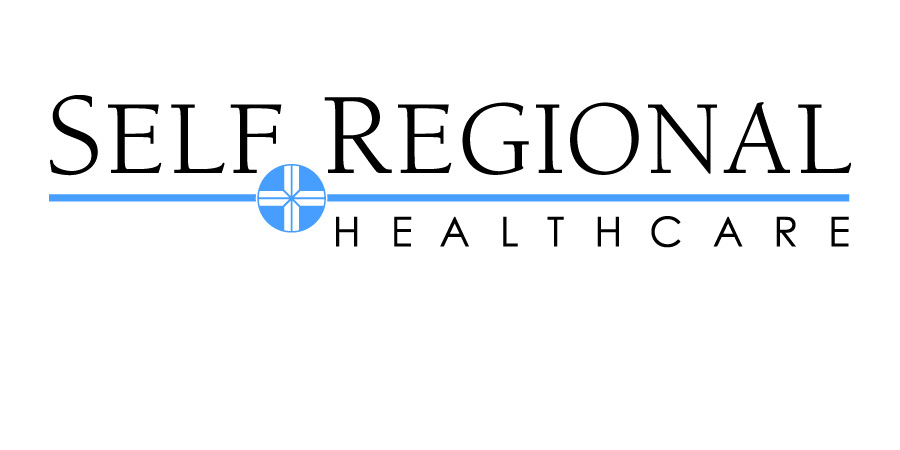Title Page
-
Company/ Facility Name
-
Site
-
Conducted on
-
Prepared by
-
Location
Assessment Part One
Training
-
Is training provided for each person newly assigned to a job?
-
Does initial training include a thorough review of hazards and accidents associated with the job?
-
Is adequate instruction in the use of personal protective equipment provided?
-
Is training for the use of emergency equipment provided?
-
Are workers knowledgeable in the "Right to Refuse" procedures?
Environment
-
Are resources available to deal with very hot or very cold conditions (drinking water, lined gloves, insulated boots)?
-
Is the rain/cold weather gear that is provided comfortable, and light enough so as not to constitute a hazard?
-
Are work surfaces and grip surfaces safe when wet?
-
Do workers know the symptoms of heat cramps/heatstroke, or frost bite/hypothermia?
Work Process
-
Are repetitive motion tasks properly paced and kept to a minimum?
-
Are the material safety data sheets placed in locations accessible to all employees?
-
Are hazards signalled by signs and tags?
-
Have all trucks, forklifts and other equipment been inspected and maintained?
-
Are lockout or tagout procedures in place and followed?
-
Is ventilation equipment working effectively?
-
Is the fume and dust collection hood working effectively?
-
Are the safety showers and eye wash stations in the proper locations and in good working condition?
Fire Emergency Procedures
-
Is there a clear fire response plan posted for each work area?
-
Do all workers know the plan?
-
Are drills held regularly?
-
Are fire extinguishers chosen for the type of fire most likely in that area?
-
Are there enough extinguishers present to do the job?
-
Are extinguisher locations conspicuously marked?
-
Are extinguishers properly mounted and easily accessible?
-
Are all extinguishers fully charged and operable?
-
Are special purpose extinguishers clearly marked?
Means of Exit
-
Are there enough exits to allow prompt escape?
-
Do employees have easy access to exits?
-
Are exits unlocked to allow egress?
-
Are exits clearly marked?
-
Are exits and exit routes equipped with emergency lighting?
Warehouse and Shipping
-
Are dock platforms, bumpers, stairs and steps in good condition?
-
Are light fixtures in good condition?
-
Are all work areas clean and free of debris?
-
Are stored materials properly stacked and spaced?
-
Are tools kept in their proper place?
-
Are there metal containers for oily rags and for rubbish?
-
Are floors free of oil spillage or leakage?
-
Is absorbent available for immediate clean-up of spills and leaks?
-
Are all flammable and combustible products stored appropriately? For example: Are Class I (one) flammable products (as per NFPA or your local fire code) stored in Class I approved buildings or outside the warehouse?
Loading/Unloading Racks
-
Are steps, railings and retractable ramps on raised platforms in good repair?
-
Is piping and in-line equipment in good condition and free of leaks?
-
Are loading arms operating satisfactorily?
-
Do submerged filling two-stage valves operate properly?
-
Are bonding and grounding cables free of breaks or damage?
-
Are connections tight and sound?
-
Is the general condition of wiring and junction boxes, etc. in good condition (visual inspection)?
Lighting
-
Is the level of light adequate for safe and comfortable performance of work?
-
Does lighting produce glare on work surfaces, monitors, screens and keyboards?
-
Is emergency lighting adequate and regularly tested?
Machine Guards
-
Are all dangerous machine parts adequately guarded?
-
Do machine guards meet standards?
-
Are lockout procedures followed when performing maintenance with guards removed?
Electrical
-
Are all machines properly grounded?
-
Are portable hand tools grounded or double insulated?
-
Are junction boxes closed?
-
Are extension cords out of the aisles where they can be abused by heavy traffic?
-
Is permanent wiring used instead of extension cords?
-
Please proceed to the next section.
Assessment Part Two
Tools and Machinery
-
Are manufacturers' manuals kept for all tools and machinery?
-
Do power tools conform to standards?
-
Are tools properly designed for use by employees?
-
Are defective tools tagged and removed from service as part of a regular maintenance program?
-
Are tools and machinery used so as to avoid electrical hazards?
-
Is proper training given in the safe use of tools and machinery?
Confined Spaces
-
Are the confined space procedures and training available and followed by all involved?
-
Are entry and exit procedures adequate?
-
Are emergency and rescue procedures in place (e.g. trained safety watchers)?
Housekeeping
-
Is the work area clean and orderly?
-
Are floors free from protruding nails, splinters, holes and loose boards?
-
Are aisles and passageways kept clear of obstructions?
-
Are permanent aisles and passageways clearly marked?
-
Are covers or guardrails in place around open pits, tanks and ditches?
Floor and Wall Openings
-
Are ladder-ways and door openings guarded by a railing?
-
Do temporary floor openings have standard railings or someone constantly on guard?
Stairs, Ladders and Platforms
-
Are stairs and handrails in good condition?
-
Are ladders free of defects?
-
Are ladders set up properly before use?
-
Are the elevated platforms properly secured and do they have handrails?
Elevating Devices
-
Are elevating devices used only within capacity?
-
Are capacities posted on equipment?
-
Are they regularly inspected, tested and maintained?
-
Are controls of the "dead man" type?
-
Are operators trained?
Sound Level/Noise
-
Are regular noise surveys conducted?
-
Is hearing protection available and used properly?
Temporary Work Structures
-
Are temporary work structures used only when it is not reasonably practicable to use permanent ones?
-
Are excavations properly shored, free of large objects (rocks, etc.) at the edges?
Employee Facilities
-
Are facilities kept clean and sanitary?
-
Are facilities in good repair?
-
Are cafeteria facilities provided away from toxic chemicals?
-
Are hand washing facilities available?
Medical and First Aid
-
Do all employees know how to get first aid assistance when needed?
-
Do the first-aiders know when and to which hospital or clinic an injured person should be taken?
-
Are there employees trained as first-aid practitioners on each shift worked?
-
Are first-aid kits provided as per jurisdiction’s first-aid regulations?
-
Are first-aid supplies replenished as they are used?
Personal Protective Equipment (PPE)
-
Is required equipment provided, maintained and used?
-
Does equipment meet requirements?
-
Is it reliable?
-
Is personal protection utilized only when it is not reasonably practicable to eliminate or control the hazardous substance or process?
-
Are the areas requiring PPE usage properly identified by warning signs?
Materials Handling and Storage
-
Is there safe clearance for all equipment through aisles and doors?
-
Is stored material stable and secure?
-
Are storage areas free from tipping hazards?
-
Are only trained operators allowed to operate forklifts?
-
Is charging of electric batteries performed only in designated areas?
-
Are dock boards (bridge plates) used when loading or unloading from dock to truck or dock to rail car?
-
Are necessary warning devices and signs in use for railway sidings?
-
Are specifications posted for maximum loads which are approved for shelving, floors and roofs?
-
Are racks and platforms loaded only within the limits of their capacity?
-
Are chain hoists, ropes and slings adequate for the loads and marked accordingly?
-
Are slings inspected daily before use?
-
Are all new, repaired, or reconditioned alloy steel chain slings proof-tested before use?
-
Are pallets and skids the correct type and inspected?
-
Do personnel use proper lifting techniques?
-
Is the size and condition of containers hazardous to workers?
-
Are elevators, hoists, conveyors, balers, etc., properly used with appropriate signals and directional warning signs?
Sign Off
-
Completed by:











